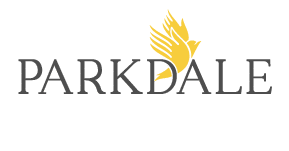The prevalence of drug abuse in the professional field can have far-reaching repercussions, impacting efficiency, safety, and overall employee welfare. Professionals across various sectors, such as healthcare and finance, experience stressors that may contribute to substance abuse, emphasizing the crucial importance of awareness and intervention.
Statistics on Drug Abuse in the Professional Field
According to data from the National Institute on Drug Abuse, the rates of substance abuse among professionals vary between industries, leading to consequences like decreased work performance and safety risks. Industries with elevated rates of substance use disorders include construction, mining, hospitality, entertainment, utilities, and management.
Understanding Drug Abuse in Work Environments
Within professional settings, substance abuse pertains to the use or reliance on substances that hinder an individual’s ability to carry out their work effectively and safely. This includes the use of drugs, prescription medications, or alcohol, resulting in impaired decision-making, decreased productivity, and potential safety hazards in the workplace. Common substances misused in work environments are opioids, stimulants, sedatives, and alcohol, each impacting cognitive function and physical capabilities differently.
Factors Influencing Drug Abuse in the Professional Field
Several elements contribute to substance misuse among professionals:
- Pressure and stress: Occupations with demands often bring about stressors and performance standards that drive individuals to seek coping mechanisms that can involve substance usage.
- Availability of substances: Convenient access to prescription medications or illicit substances can raise the likelihood of misuse among professionals in fields like healthcare, where such substances are more easily obtainable.
- Psychological aspects: Mental health factors such as stress play roles in sustaining substance misuse.
People might start depending on substances to cope with mental health issues, which can make it harder for them to stay away from drugs.
It’s essential to grasp these factors to spot the indications of drug misuse at work and put in place measures for prevention and intervention. By tackling these root causes, companies can establish nurturing settings that foster their staff’s health, safety, and general welfare.
Impact on Workplace Efficiency and Safety
Drug abuse in the professional field impacts employees’ job performance, resulting in issues like more frequent absences, reduced efficiency, and inconsistent work standards. Workers influenced by drugs may be prone to skipping work or arriving late, disrupting team unity and overall workflow. The productivity level decreases as tasks may take longer to finish, leading to increased errors that can hamper effectiveness.
Drug abuse also jeopardizes workplace safety by impairing decision-making skills and judgment. Employees under the influence of substances face a greater risk of causing accidents or harm due to compromised coordination and delayed reflexes. This poses risks across sectors, from construction sites where precise coordination is critical to office settings where focus and attentiveness are crucial.
Prevention and Intervention Strategies
Workplaces must run programs and awareness campaigns to prevent drug misuse among employees. These initiatives aim to educate staff about the risks of substance abuse, how to recognize signs of drug abuse, and the impact on workplace productivity and safety. Training supervisors and employees to spot these signs early can help support colleagues in need. By creating a culture of awareness and understanding, organizations can empower their workforce to make healthy choices about substance use and seek assistance when necessary.
Drug-free workplace policies are essential for ensuring an efficient work environment. These policies clearly outline expectations, consequences for drug-related violations, and procedures for drug testing. Organizations can uphold a safe workplace environment by following drug testing protocols that comply with standards while respecting employee privacy.
Employee Assistance Programs (EAPs) are crucial in providing support to employees dealing with substance abuse issues. EAPs offer assistance, counseling services, and referrals to treatment programs. By offering easy-to-access support options, EAPs help employees get assistance early and encourage them to seek help without worrying about judgment or consequences with their job.
Parkdale Center: Addressing Drug Abuse in the Professional Field
Parkdale Center is a drug rehab for professionals well-known for specialized treatment that caters to the specific needs of various sectors. Built on the values of empathy and evidence-based treatment, Parkdale Center offers outpatient addiction treatment programs tailored to the unique requirements of individuals in demanding fields. With a focus on lasting recovery, Parkdale Center is a trusted option for professionals looking to conquer addiction and regain control of their lives. We even offer a career restoration program to help professionals smoothly re-enter the workforce with confidence.
At Parkdale Center, we take a holistic approach to addiction recovery, addressing the complex emotional and psychological factors contributing to substance misuse. Therapeutic techniques include behavioral therapy, mindfulness practices, and wellness activities, promoting balance and resilience.
Both employers and employees are urged to prioritize initiatives that promote drug-free workplaces, creating environments that support health and safety. Individuals facing substance abuse issues are encouraged to seek assistance from comprehensive drug rehabs like Parkdale Center for hope and a path toward recovery. Contact Parkdale Center for support today.

